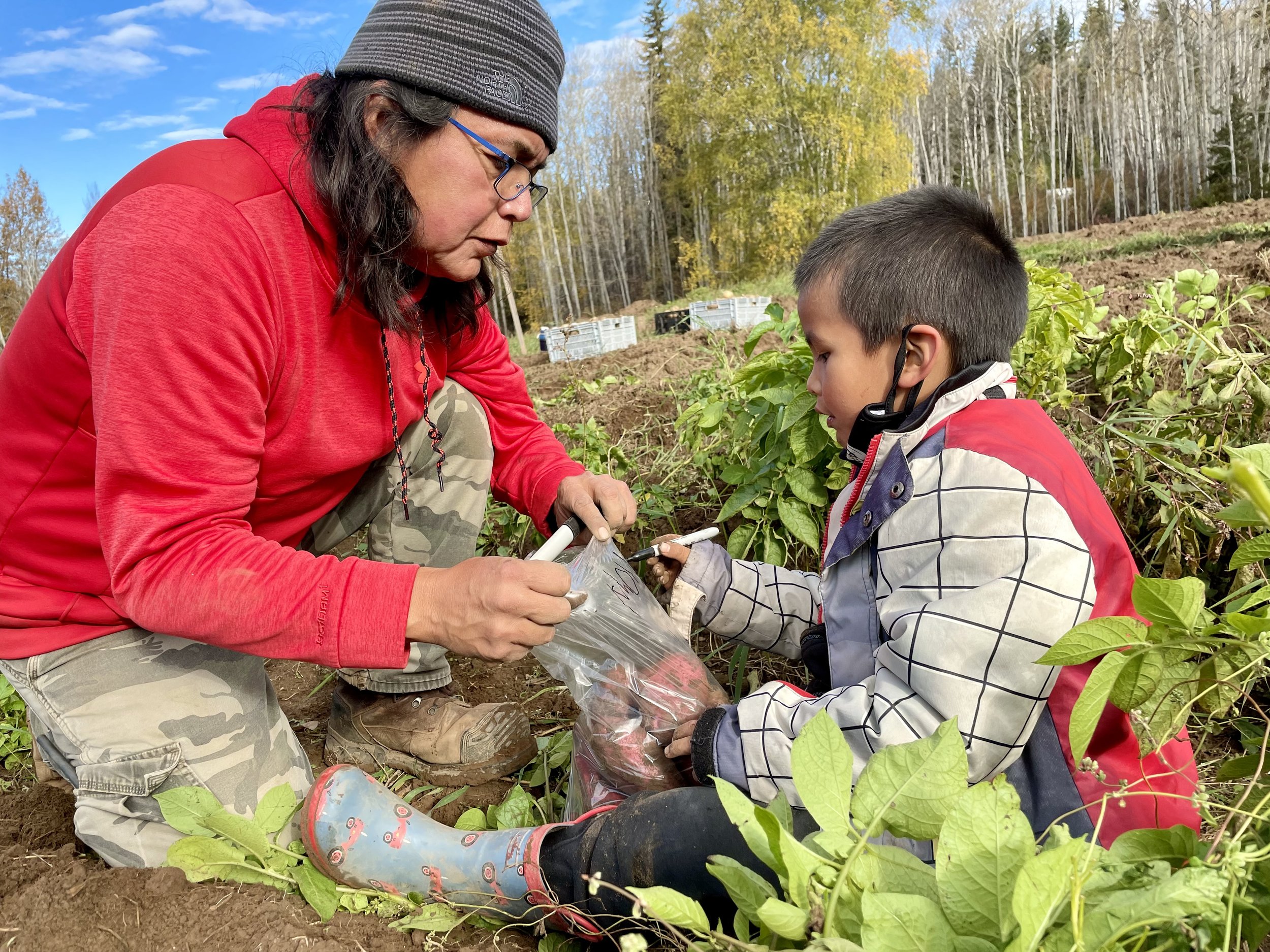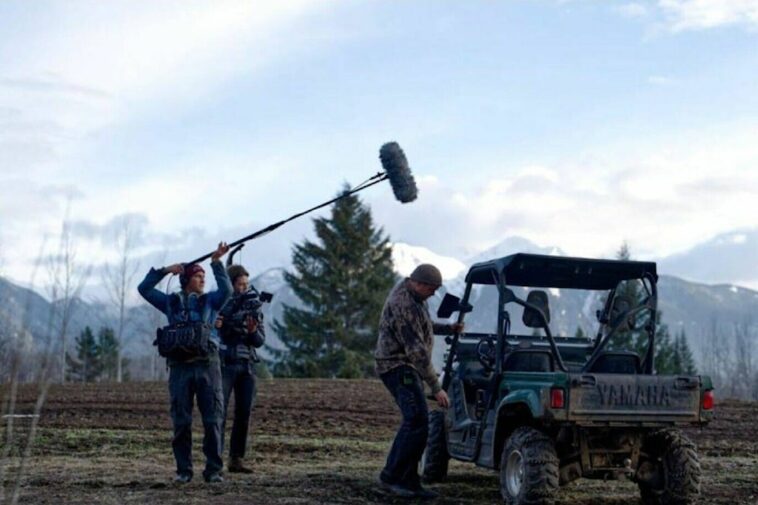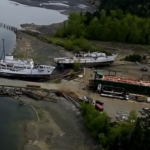A documentary directed by Fort Nelson’s Ryan Dickie, titled “Tea Creek,” is set to make its worldwide premiere next month at Vancouver’s Doxa Documentary Film Festival.
Set in northwest B.C., the film details Jason Beaton’s efforts to turn the Tea Creek Farm into a training hub focusing on Indigenous food sovereignty.
According to a video on the Tea Creek website, the farm located in Kitwanga is about 140 acres, with three fields in production. According to a 2022 Tyee report, the initiative features land-based, culturally safe Indigenous-led farming that produces about 20,000 pounds per year.
“Tea Creek is one of the first concrete solutions for them to get that part of their history back.”
Ryan Dickie, Indigenous photographer and filmmaker
“The Gitxan Peoples of that region had a long history of agriculture that I wasn’t aware of pre-colonization. When the residential school system was established, that part of their history was essentially lost,” said Dickie.
“Tea Creek is one of the first concrete solutions for them to get that part of their history back.”

Dickie and producer Ben Cox ended up deviating from their original idea of covering three separate stories.
“It was stories of Indigenous folks doing Indigenous food sovereignty within the north,” said Dickie.
The film’s direction changed once they reached the Tea Creek Farm in April 2022.
“When we got there, we realized it was a film itself. There were so many compelling storylines and people.”
While the entirety of the project took more than three years, a massive chunk of that Dickie says was just assembling the resources.
The project was conceived in April 2021, and filming didn’t start until a year later.
“There’s lots of writing for grants and Zoom meetings. With projects like this, there are constraints when it comes to budget and funding, especially in the north where everything is more expensive.”
Ryan Dickie, Indigenous photographer and filmmaker
“The first year and a half is just spent trying to get fundraising,” said Dickie. “There’s lots of writing for grants and Zoom meetings. With projects like this, there are constraints when it comes to budget and funding, especially in the north where everything is more expensive.”
Filming went into most of 2023, and the team spent this past winter and spring editing.

A primary facilitator of the project was Cox, a freelance filmmaker based in Vancouver. Dickie says he had to “tip his hat” to Cox for allowing him to piece the story of Tea Creek together.
“I had worked with friends of Cox on a project called In the Land of the Dreamers for CBC,” said Dickie. “That featured myself and Wayne Sawchuk exploring the Muskwa-Kechika area.”
“He had been looking for an Indigenous director to help him tell his story. Ben allowed me the opportunity, and I, living in the north, am somewhat disconnected from the film industry. It was a good learning experience and one I am grateful for.”
“Growing up on the reserves in Fort Nelson, our stories are often intertwined with the trauma.”
Ryan Dickie, Indigenous photographer and filmmaker
According to Dickie, shooting a film such as this has had a profound impact on him, and the hope is that it brings a lot of issues faced among Indigenous peoples, including intergenerational trauma and the impacts of colonization, to light.
“Growing up on the reserves in Fort Nelson, our stories are often intertwined with the trauma,” said Dickie. “This film will touch upon that.”
“Tea Creek” will premiere at the Doxa Film Festival on May 4. For more information and tickets, visit the website.
Story by Edward Hitchins, Local Journalism Initiative Reporter / ENERGETICCITY.CA




